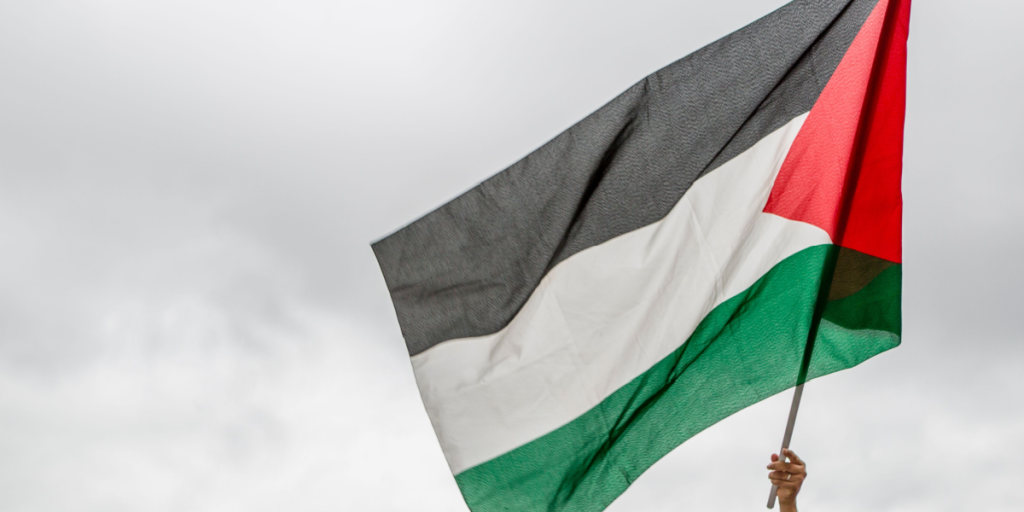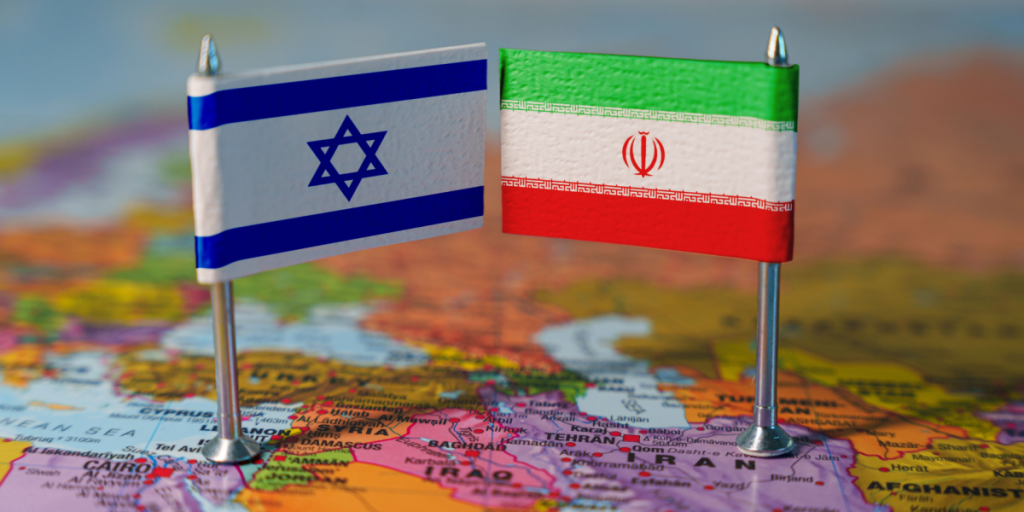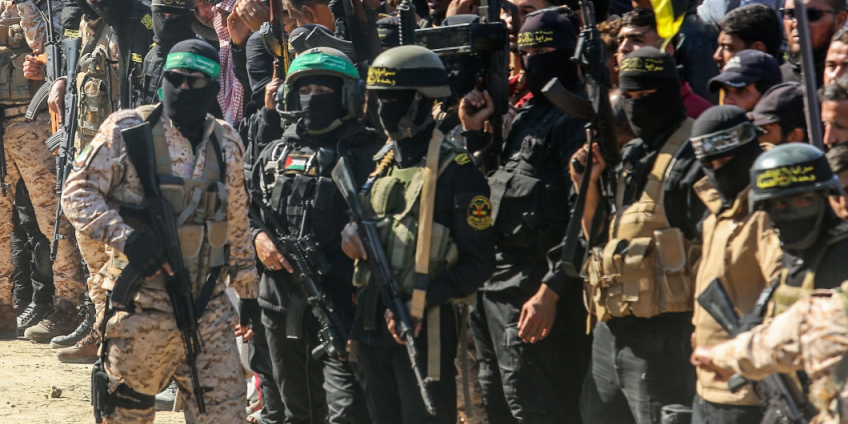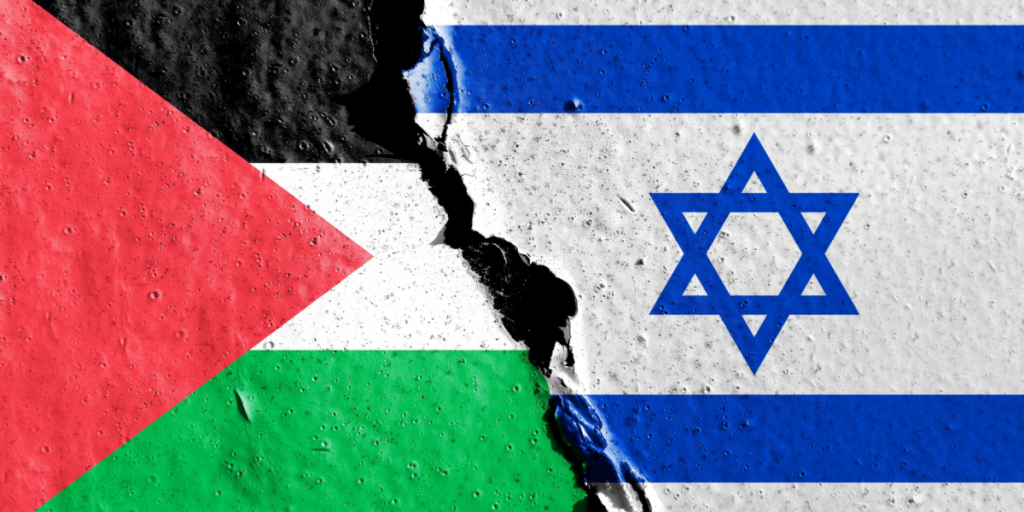If completed, the project would effectively split the West Bank in two, making a contiguous Palestinian state with East Jerusalem as its capital nearly impossible.
Others are reading now
Israel has given final approval to a long-disputed plan to build thousands of housing units in the occupied West Bank, reigniting fierce debate over the future of a Palestinian state.
The move focuses on the E1 area, east of Jerusalem, where construction has been frozen for decades due to international opposition.
Smotrich: “The Palestinian State Is Being Erased”

Finance Minister Bezalel Smotrich, a far-right member of Israel’s government, celebrated the decision as a direct challenge to global calls for Palestinian recognition.
“The Palestinian state is being erased from the table not with slogans, but with actions,” he declared. Smotrich, who has long advocated for full Israeli sovereignty over the West Bank, described the project as a “Jewish reality” that would permanently “bury the idea of a Palestinian state.”
What the E1 Project Means

The E1 settlement plan would connect Jerusalem to the large settlement of Maale Adumim. For Palestinians, this would mean the West Bank is physically divided, preventing the formation of a viable, contiguous state.
Also read
Last week, Smotrich announced the approval of 3,401 housing units during a press conference held at the construction site, framing the project as both symbolic and strategic.
Settlements and Their Sensitivity

Israeli settlements are communities built on land designated by the UN and most of the world for a future Palestinian state. According to the monitoring group Peace Now, there are already 141 such settlements across the West Bank.
Nearly the entire international community views their expansion as a major obstacle to peace talks. For Palestinians, settlements represent both land loss and the threat of permanent occupation.
Israeli Right Celebrates, Palestinians Condemn

Supporters of the plan hailed it as a step toward Israeli sovereignty. Yisrael Gantz of the Yesha Council said the move “brings us one additional step closer to the vision of sovereignty.” Palestinians, however, described it as a deliberate effort to seize land and cement annexation.
Speaker Rawhi Fattouh of the Palestinian National Council called the plan a “systemic” attempt to impose “biblical and Talmudic facts” on the conflict.
Also read
Rights Groups Warn of “Apartheid Reality”

Peace Now blasted the expansion as “deadly for the future of Israel” and the two-state solution, warning it would guarantee “many more years of bloodshed.”
Another Israeli group, Ir Amim, said E1 would lock in an “Apartheid reality” while worsening living conditions for Palestinians, fueling instability and violence. Both groups urged a halt to construction before irreversible damage is done.
Strong International Backlash

The UK Foreign Secretary David Lammy denounced the project as a “flagrant breach of international law” and urged Israel to stop immediately.
The European Union’s top diplomat, Kaja Kallas, echoed the warning, saying the settlement push “further undermines the two-state solution” while stoking an already volatile situation.
A More Reserved US Response

Unlike its European allies, the United States stopped short of direct condemnation. A State Department spokesperson instead stressed the need for stability in the West Bank, saying, “A stable West Bank keeps Israel secure.”
Also read
The official reiterated Washington’s focus on ending the war in Gaza, preventing Hamas from regaining control there, and ensuring humanitarian aid delivery.
Settlements and International Law

Under international law, Israeli settlements in occupied territory are considered illegal. UN Security Council resolution 2334 reaffirmed this in 2016, labeling them a “flagrant violation” with “no legal validity.”
Still, Israeli settlement activity has continued to accelerate, particularly since the Trump administration declared settlements “not inconsistent” with international law, a stance the Biden administration has not reversed.
Escalation Since October 7

The pace of settlement expansion has surged since Hamas’ October 7 attack on Israel. In May, the government approved the largest expansion in decades: 22 new settlements, including in areas from which Israel had previously withdrawn.
Palestinian officials condemned the move as a “dangerous escalation,” accusing Israel of defying international legitimacy and law.


